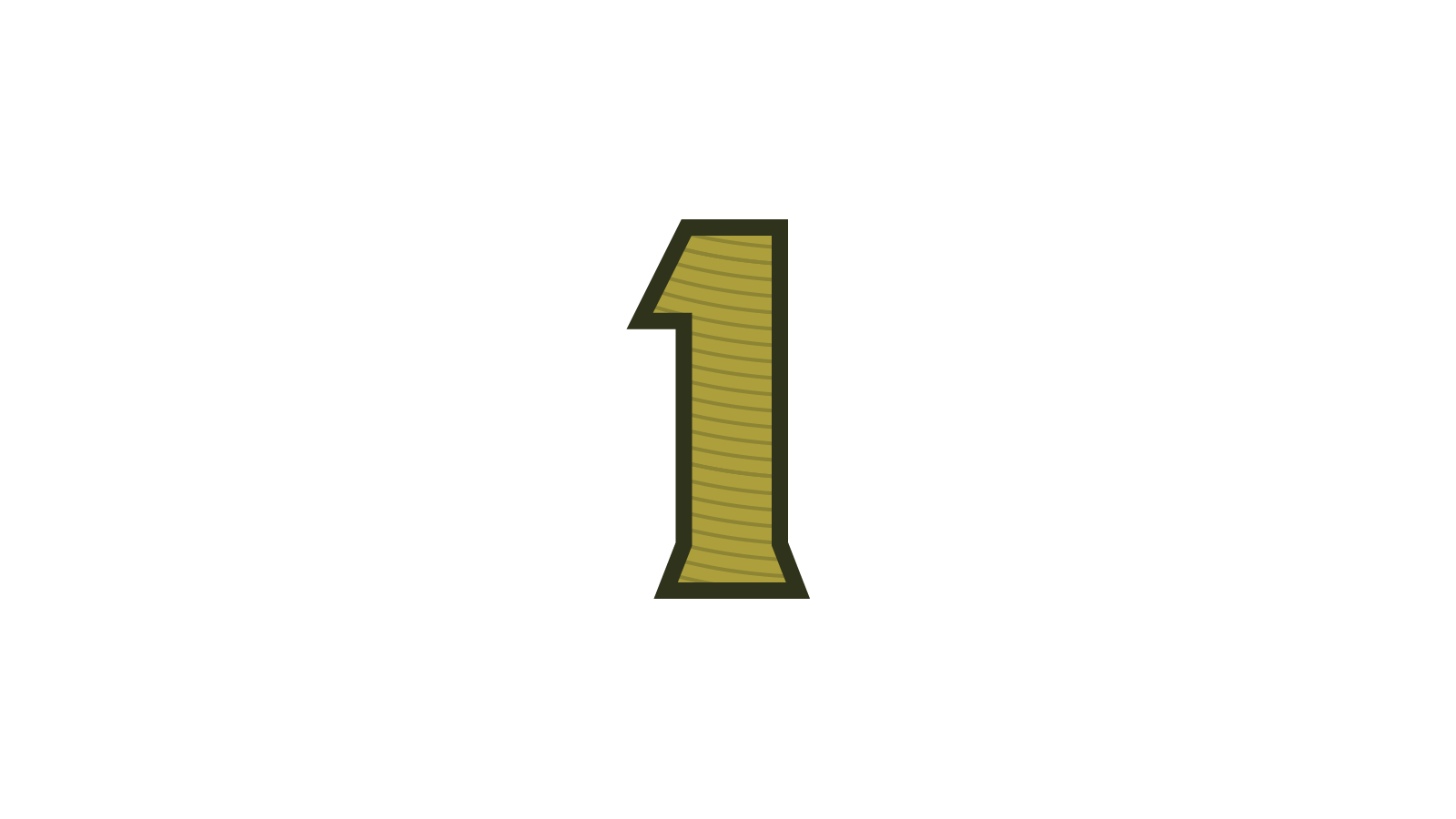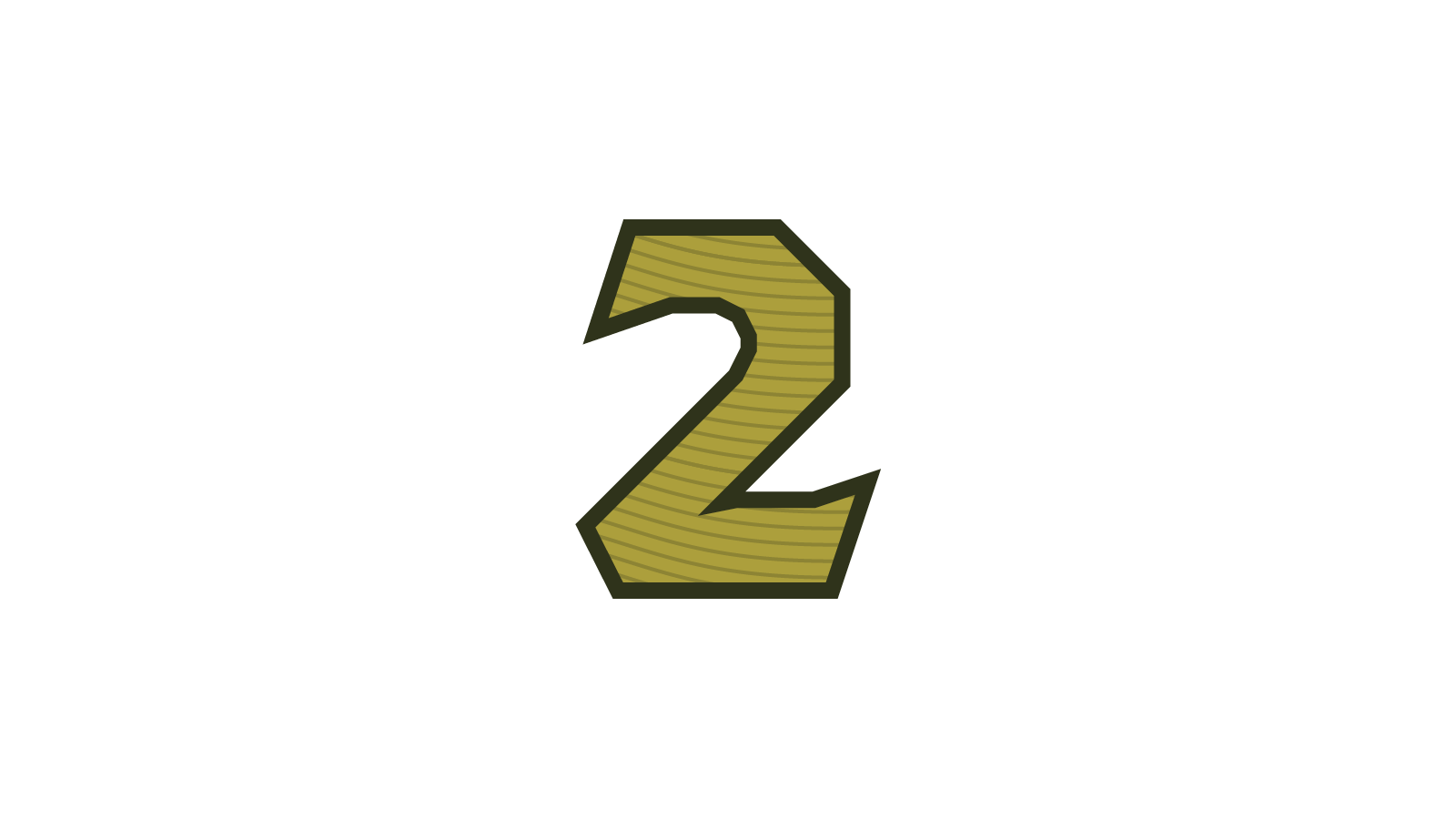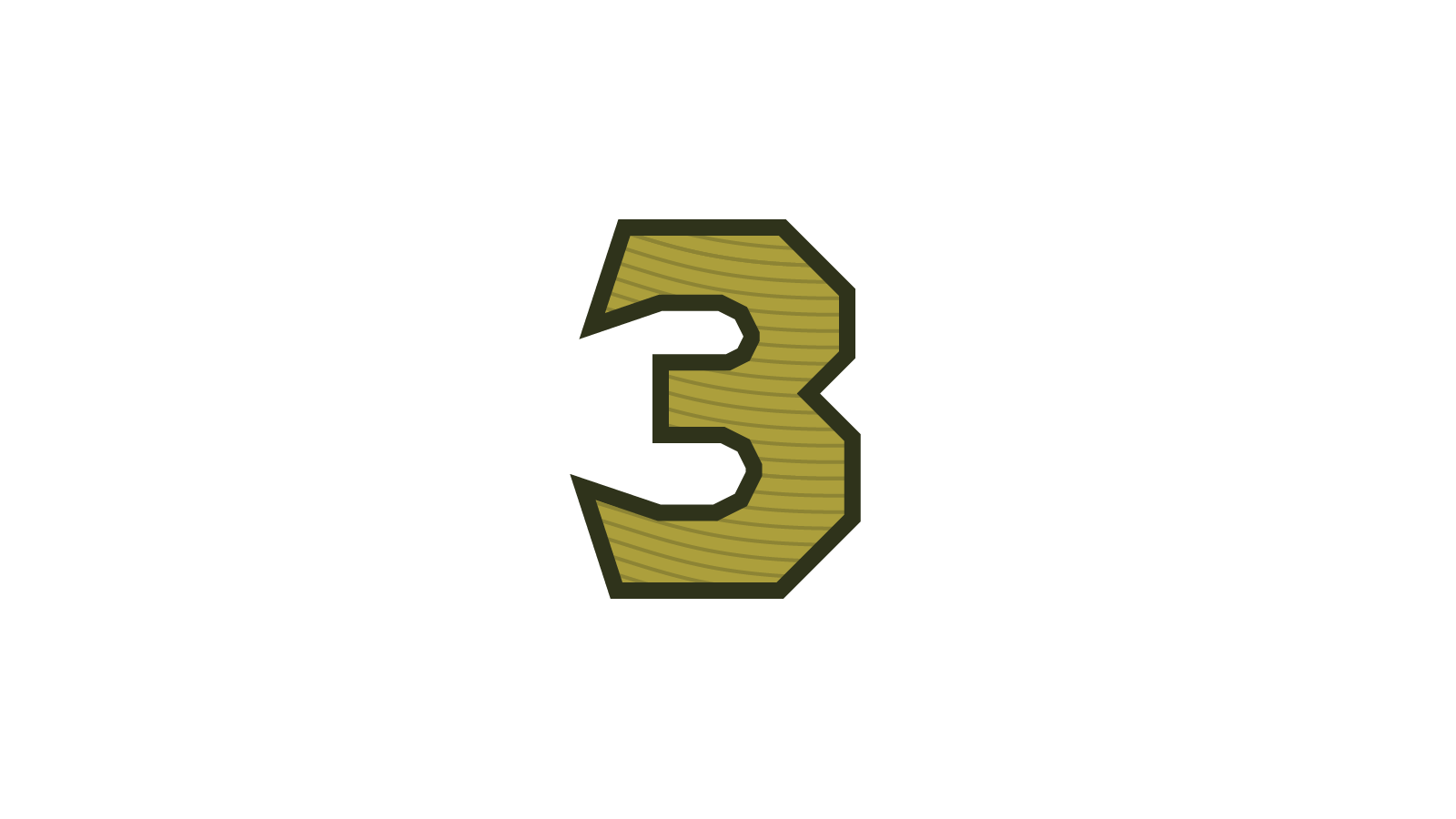The goal of the Iowa Home Repair Pilot Program is to prevent homeowner displacement by assisting with home repairs to maintain the habitability of the home. The program is now closed as of April 15, 2024.
888-668-0927
IMPORTANT:
Eligibility criteria, including maximum annual household income limits, differs between the mortgage reinstatement and home repair programs. Please review program information carefully before submitting an application.
Be income qualified. (Household income must not exceed 80% of the Area Median Income (AMI).
Have home repair needs that affect the ongoing insurability or accessibility of their home.
Have had someone in the household experience a financial hardship after January 21, 2020, because of the COVID-19 pandemic.
Own the property located in Iowa (applicants purchasing a home under a legally recorded contract are eligible).
Occupy the home as their primary residence.
Be current on mortgage and property tax payments.*
Applicant’s household housing debt to income ratio must be 50% or lower, calculated as your monthly housing payments divided by your gross monthly income. As a general rule, your gross monthly income must equal at least double your monthly mortgage payment. If your household debt to income ratio is greater than 50%, your IHAF application will be denied or referred to Iowa Mortgage Help for counseling services.
*If you are behind on your mortgage and/or property tax payments and you have not received prior mortgage reinstatement assistance through the Iowa Homeowner Assistance Fund, you may be eligible to apply for mortgage and/or property tax payment assistance through the Iowa Homeowner Assistance Fund Mortgage Reinstatement Program.
Up to $35,000 to assist with eligible repairs.
Eligible homeowners may also qualify for assistance with past due mortgage and related property expenses, if requested and documentation is supplied during application.
All payments made directly to contractors/service professionals by qualified nonprofit and government entity partners overseeing the repair work.
Subsequent applications will not be accepted, whether your original application submission is approved or denied. For that reason, it is important to carefully consider your precheck eligibility before deciding to apply for IHAF
Building envelope, including exterior doors and window replacement, siding, roofing, soffit, fascia, gutters, and/or ventilation, if necessary
Drainage
Electrical or Plumbing Systems
Foundation Repair
Septic
Wells
Payment of fines assessed by a local municipality as a result of a homeowner’s inability to make critical home repairs (i.e., a fine for a broken sidewalk and/or boarded up window may be eligible vs. an overgrown lawn, which is ineligible)
Asbestos removal or abatement
Installation of specialized electric and plumbing systems to accommodate medical equipment and supplies
HVAC repair or replacement
Installation or repair of non-portable ramp(s) or lift(s)
Lead hazard reduction
Modification of bathroom facilities
Modification of kitchen facilities
Mold remediation
Radon mitigation
Specialized accessibility/safety adaptations
Turnaround space adaptations
Widening of doorways/hallways
Single-family properties
Condominium units
Manufactured homes permanently affixed to real property and taxed as real estate
If you received prior assistance through the Iowa Homeowner Assistance Fund and are in need of home repair assistance, please call the support team at 888-668-0927 to ask that your original application be copied rather than submitting a full new application. This process will support a streamlined submission and prompt review of your application.

Review required documents and FAQs
Have digital copies of: proof of identification & income eligibility documentation.

Take the precheck to determine preliminary eligibility. Proceed to complete the full application, if initial eligibility criteria is met.

The case review team will review the application to ensure all documentation is complete and verify eligibility.
The application period is closed as of April 15, 2024.
You must have experienced a direct or indirect financial hardship such as a decrease in income or increase in living expenses as of a result of the coronavirus pandemic. This can include but is not limited to job loss, reduction in work hours, increased costs due to childcare, illness, or the need to care for a family member since January 21, 2020. This can include financial hardships that began before January 21, 2020 and continued after that date, but only costs accrued after January 21, 2020 are eligible for HAF assistance.
No, the assisted property must be the applicant’s primary residence.
No. All payments made directly to contractors/service professionals by qualified nonprofit and government entity partners overseeing the repair work.
No, any assistance received through Iowa HAF will be a grant that the homeowner will not need to repay.
No, any assistance received through the Iowa HAF Program for assistance with eligible expenses is not considered taxable. Eligible applicants will not be required to pay taxes on qualified assistance received through Iowa HAF.
Please review the job listings and resources below and contact an IowaWORKS Center in your area if you would like assistance with your job search.
Funds for this program come from the U.S. Department of Treasury, established under section 3206 of the American Rescue Plan Act of 2021.